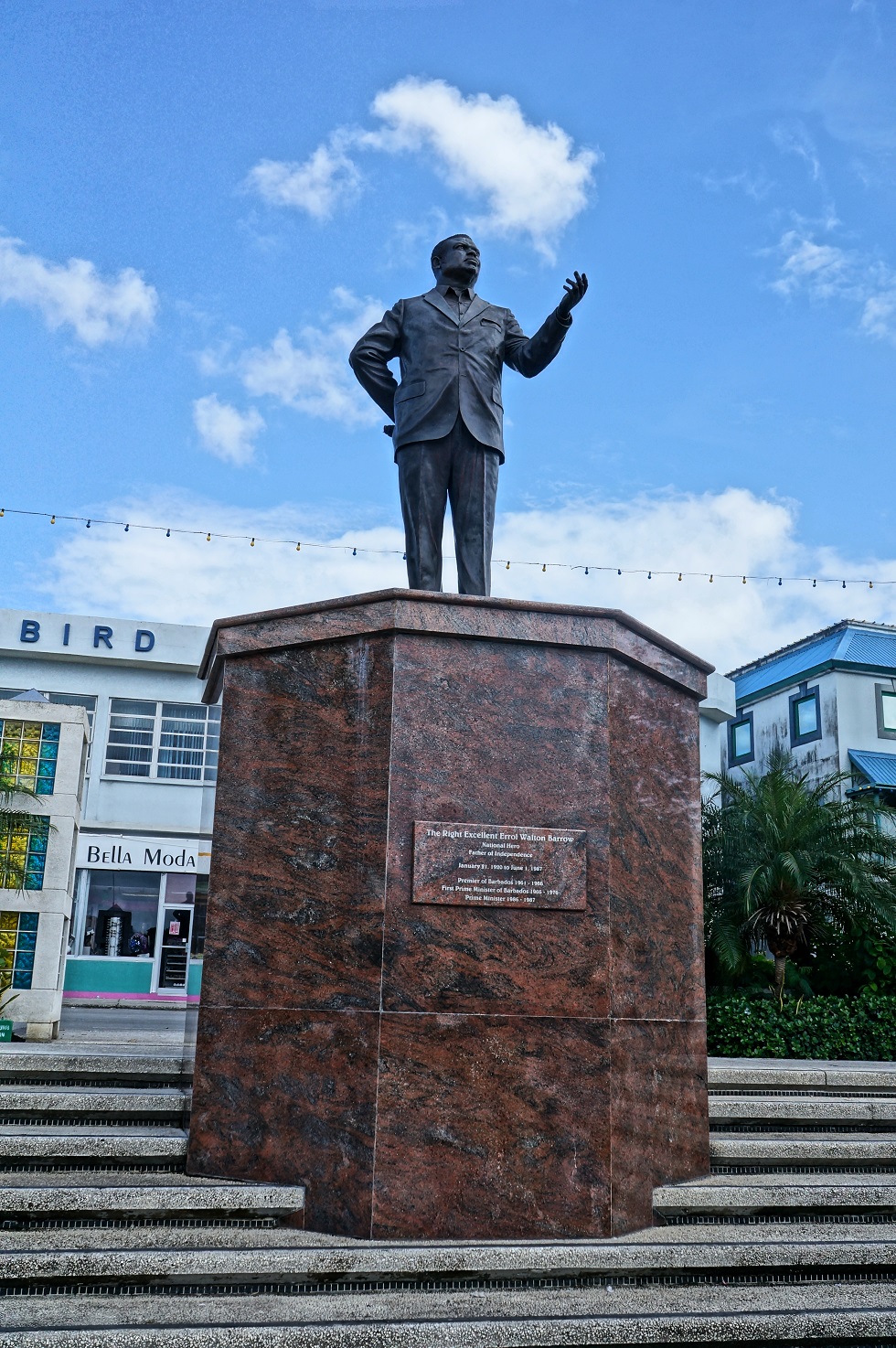Today is Errol Barrow’s birthday. It’s a public holiday in Barbados. It’s a reminder that effective political change can come without violence, terrorism or war. It’s also a reminder that political inertia and bureaucracy can be overcome. It’s a reminder that, used properly and effectively, democracy works.
Born in Barbados in 1920, Errol Barrow saw more than his fair share of action over the next few decades. He served in 45 highly dangerous RAF bombing missions in World War 2. Afterwards, he simultaneously studied Law and Economics in London. Even as student, his interest in politics was evident. He was chairman of the Council of Colonial Students. He met many who would, in their future years, become politicians in their own nations: Guyana, Jamaica, Singapore and Canada. The conversations about dreams of freedom and hope of political change must have been incredible.
Today, Errol Barrow’s birthday, is a public holiday in Barbados, celebrating his contribution to that nation. He returned to Barbados in 1950. By 1951 he was elected to parliament as a member of the Labour Party. But he was frustrated by the slow pace of change. No doubt inspired by the conversations of his student days, he founded a new party, the Democratic Labour Party, seeking greater momentum on key political issues such as independence.
Errol brought the nation to self-governance. Independence brought with it the opportunity to introduce a National Insurance and Social Security scheme, free secondary education, and capital infrastructure. Errol was a strong advocate for sugar workers in disagreements over wages. He won multiple victories, and in 1986 secured an incredible margin of 24-3.
Errol Barrow so captured the nation’s imagination that after his untimely death in 1987, his birthday was designated a national holiday. The $50 has his image, and is affectionately known as ‘an Errol’ in his honour.
Errol Barrow’s birthday reminds us that enthusiastic, visionary politicians can overcome inertia and bureaucracy. It reminds us that peaceful, effective use of democracy works.
Image credit: CC-BY-SA-3.0/ Pgbk1987
